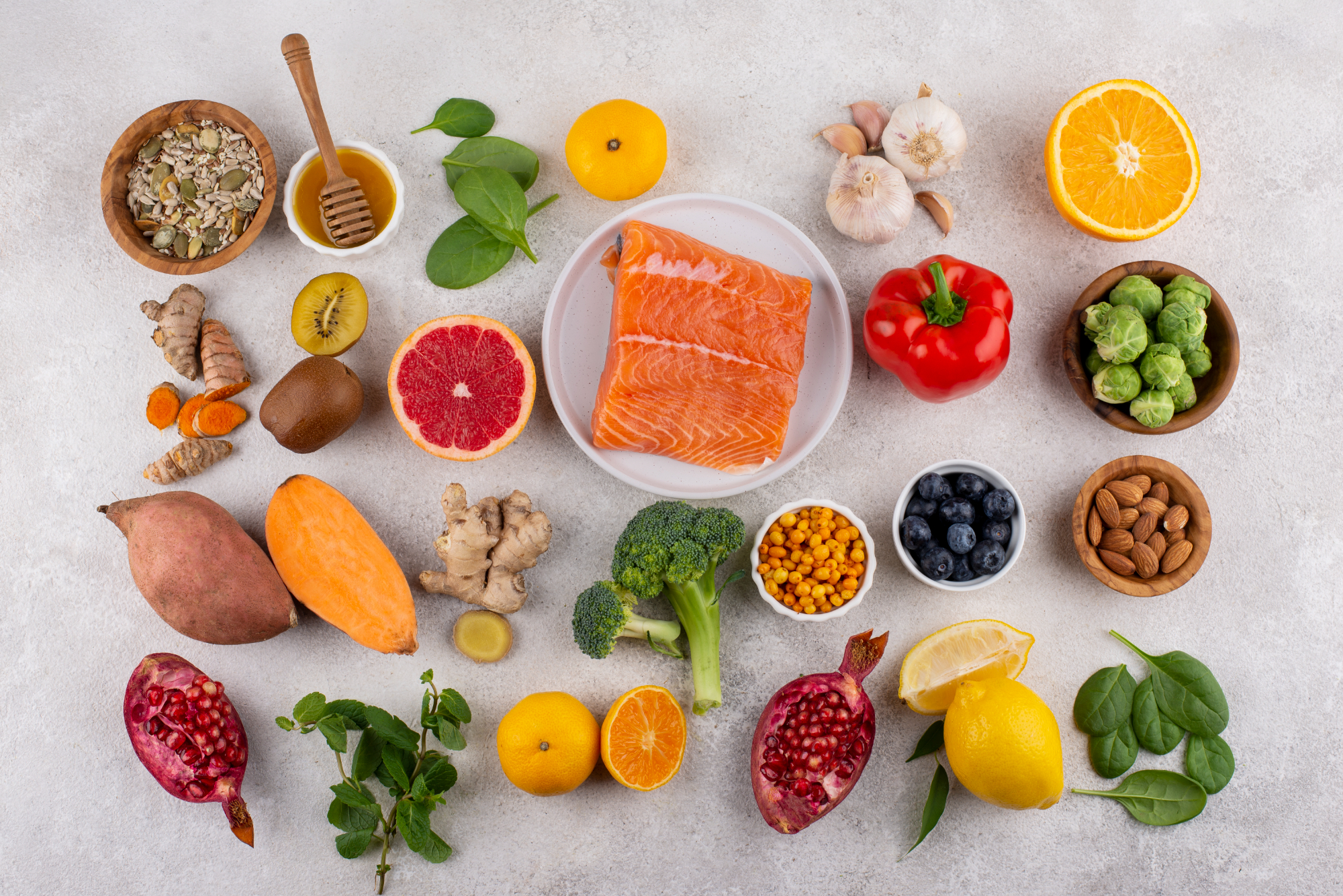The Science of Happiness: Understanding What Makes Us Truly Happy

While people often associate happiness with external factors like wealth or success, research reveals that it is influenced more profoundly by internal states and habits. Exploring the science of happiness helps us understand what truly brings joy and fulfillment to our lives.
Defining Happiness
Happiness is a blend of emotional well-being, life satisfaction, and a sense of purpose. Psychologists often break it down into two components:
- Hedonia (Pleasure)
The experience of immediate pleasure or gratification, such as enjoying a good meal or spending time with loved ones. - Eudaimonia (Meaning)
A deeper sense of fulfillment derived from living a meaningful life aligned with personal values.
The Neuroscience of Happiness
- Brain Chemistry
The release of neurotransmitters like dopamine, serotonin, and oxytocin plays a key role in how we experience happiness. - The Happiness Set Point
Studies suggest that about 50% of our happiness is determined by genetics, 10% by external circumstances, and 40% by intentional activities. This highlights the power of choice and mindset in shaping our well-being.
What Truly Makes Us Happy
- Relationships
Close, supportive relationships are consistently ranked as the most significant contributors to happiness. Social connection fosters a sense of belonging and emotional security. - Gratitude
Practicing gratitude shifts focus from what is lacking to what is present, fostering a more positive outlook on life. - Purpose and Meaning
Engaging in work or activities that align with personal values enhances life satisfaction. - Acts of Kindness
Helping others activates the brain’s reward system, boosting happiness for both the giver and the recipient. - Mindfulness and Presence
Living in the moment reduces stress and increases appreciation for life’s small joys. - Physical Activity
Exercise is a natural mood booster, releasing endorphins and reducing symptoms of anxiety and depression.
Barriers to Happiness
- Comparison
Constantly measuring oneself against others can lead to dissatisfaction and envy. - Pursuit of Materialism
Research shows that beyond meeting basic needs, more wealth or possessions have diminishing returns on happiness. - Neglecting Mental Health
Ignoring emotional well-being can create long-term challenges.
Cultivating Sustainable Happiness
Happiness is less about fleeting moments of pleasure and more about creating habits and environments that nurture well-being. Strategies include:
- Setting realistic goals and celebrating progress.
- Prioritizing relationships and making time for loved ones.
- Engaging in regular self-care and self-reflection.
By understanding the science of happiness, we can focus on what truly matters and build lives rich in meaning, joy, and connection. Happiness is not just a feeling—it’s a practice, a mindset, and a way of living.
What Drives Our Well-Being?
- Physical Health
- Meaningful Relationships
- Sense of Purpose
- Emotional Health
- Mental Clarity
- Environmental Factors
- Financial Stability
- Spiritual Connection
Finding Contentment
Discover the world of Health. Post your article so that it will be featured in our magazine.
HealthPont Quiz
Please complete all questions. Mark the best answer from the choices given.














